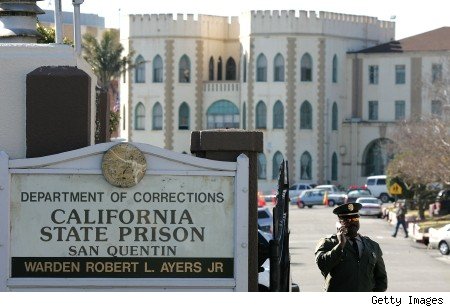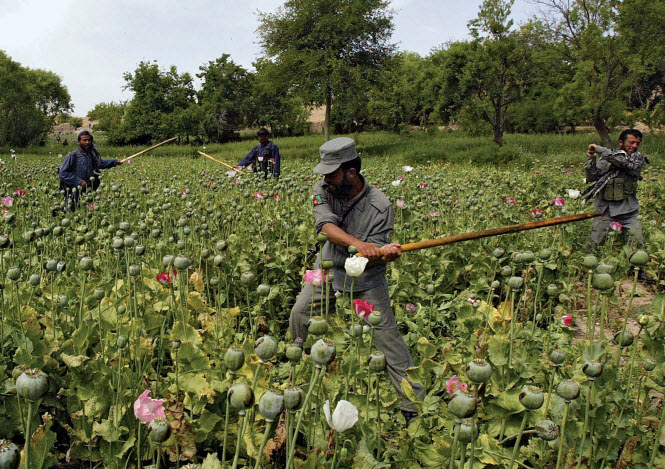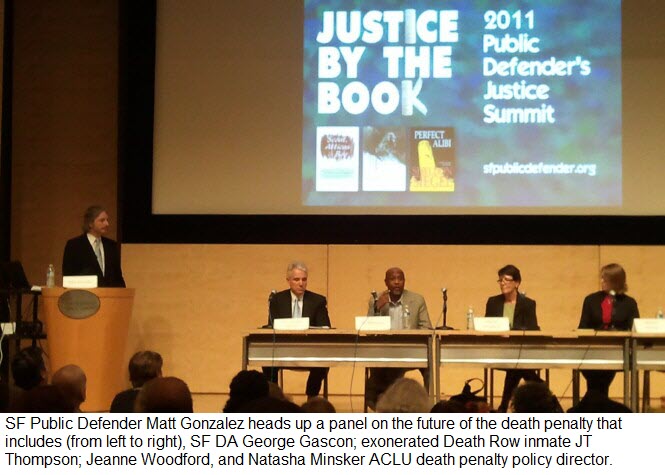Death Penalty Study: $184 Million a Year in California
 U.S. 9th Circuit Judge Arthur L. Alarcon and Loyola Law School professor Paula M. Mitchell wrote a study released last week entitled, “Executing the Will of the Voters: A Roadmap to Mend or End the California Legislature’s Multi-Billion-Dollar Death Penalty Debacle.”
U.S. 9th Circuit Judge Arthur L. Alarcon and Loyola Law School professor Paula M. Mitchell wrote a study released last week entitled, “Executing the Will of the Voters: A Roadmap to Mend or End the California Legislature’s Multi-Billion-Dollar Death Penalty Debacle.”
They examined a combination of state, federal and local expenditures for capital cases over three years to estimate the additional costs of capital trials over and above the cost of a standard murder trial.

 Amid the prison reform debate and concerns about prison over-crowding is an understanding of the role that the war on drugs has played in creating the prison issue.
Amid the prison reform debate and concerns about prison over-crowding is an understanding of the role that the war on drugs has played in creating the prison issue.
 Prosecutor Admonished For Withholding Key Evidence to Ambush Defense in Gang Case –
Prosecutor Admonished For Withholding Key Evidence to Ambush Defense in Gang Case –  Among the provisions passed by the California legislature was another $150 million in cuts to the courts.
Among the provisions passed by the California legislature was another $150 million in cuts to the courts.
 The Woodland Daily Democrat reported Tuesday that investigators with the California Alcoholic Beverage Control revoked La Finca’s liquor license. La Finca is a popular bar and club in Woodland that has been the location of fights, stabbings and, in March, a shooting that resulted in a murder.
The Woodland Daily Democrat reported Tuesday that investigators with the California Alcoholic Beverage Control revoked La Finca’s liquor license. La Finca is a popular bar and club in Woodland that has been the location of fights, stabbings and, in March, a shooting that resulted in a murder.
 A Yolo County Jury went out just after lunch and came back before 5 pm to convict Oscar Barrientos of two counts – one of first degree burglary and one of grand theft.
A Yolo County Jury went out just after lunch and came back before 5 pm to convict Oscar Barrientos of two counts – one of first degree burglary and one of grand theft.
 This week, Yolo Judicial Watch covered a typical Yolo County trial in which an Hispanic defendant was judged by a nearly all-white jury that contained no other Hispanics.
This week, Yolo Judicial Watch covered a typical Yolo County trial in which an Hispanic defendant was judged by a nearly all-white jury that contained no other Hispanics.


